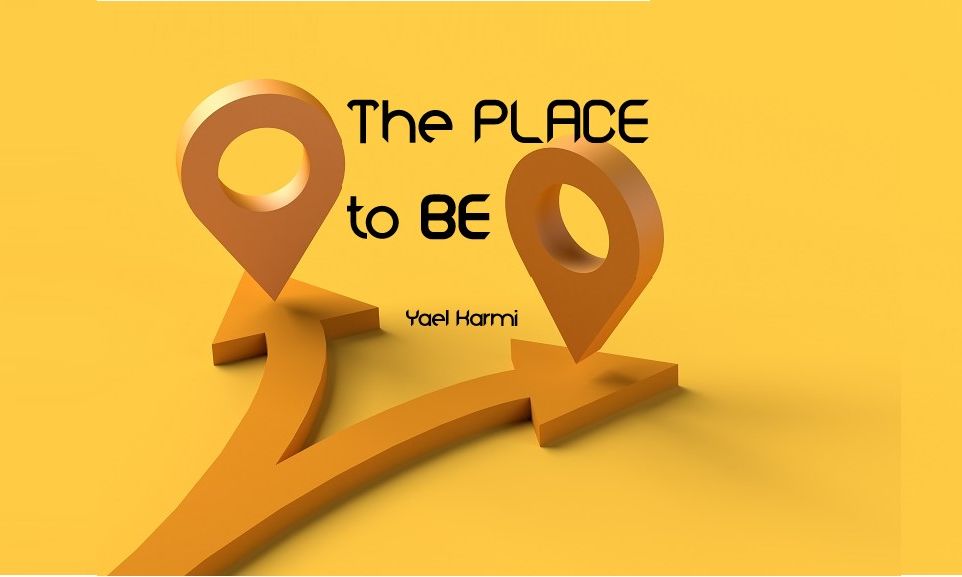
The Sukkah: The Place to Be
Do you have difficulty finding your place in life? Try sitting inside a sukkah during the Sukkot holiday and feel the acceptance that envelops you...

“I can’t find my place.” “That’s not me.” “I don’t fit in.”
Read these expressions and I guarantee, even if you’ve never uttered the words yourself in your personal lives, you’ll experience an uncomfortable sense of constriction.
The first time we come across the concept of spatial awareness in the Torah is in Genesis. Rosh Hashanah commemorates the creation of the original man and woman, the pinnacle of Hashem’s creation. When Adam and Chava eat from the Tree of Knowledge of Good and Evil and cause a calamitous fall from their pristine state of holiness, they bring death to the world. From now on man’s body [but not his soul] would have to decompose and die as a rectification for the sin. What was the outcome of this sin? Man was exiled from the Garden of Eden, he had to undergo a loss of place, a loss of sublime attachment to his Creator. The next time we encounter a man being forced to leave his “place” is when Cain kills Abel. Why? Because the spiritual root of murder is taking a person from his place, taking him out of this world and from his spiritual purpose here. And what was Cain’s punishment? Measure for measure, he was forced by Hashem to wander, to lose  his physical place in this world.
his physical place in this world.
In Hebrew, one of Hashem’s names is HaMakom, The Place. Our Sages teach us that this holy Name reveals to us that in reality we should think of this seemingly disconnected world, which appears to run under its own rules, as Hashem’s place. We live in Hashem’s world, not the other way round. Hashem can be found anywhere; we have continual access to Him, wherever we are both physically and mentally but the most auspicious time is now, during Succot.
In the sukkah, we dwell within the Divine presence, HaMakom, Hashem’s place. It’s harder to get closer than that.
It seems then that the concept of our place in this world has to do fundamentally with our connection, or disconnection, to Hashem, and our purpose then is to close the gap between us and our Creator. The sukkah does just that.
How does this introduction to the Torah concept of place relate to us in our everyday lives?
We live in quite traumatic times. We see incomprehensible suffering, much of which is inflicted by human beings on each other. We experience our own physical and emotional suffering to lesser or greater degrees. Based on what we have said earlier, it should be become apparent that the root of this is based on being out of place, for example, living as though I exist separately from Hashem and not in His place, which is simple and perfect, and where all true good exists.
Existential suffering, in other words, feelings of discontent, of not being at peace with oneself, low self-esteem, not being able to fit in with others, mainly stem, to my mind, from a sense of displacement within our very being. We don’t feel equilibrium, where all our faculties of thought, emotion and deed are at one with each other. True happiness is the experience of all these faculties being in sync, where I know that I am being and, indeed, becoming the person that Hashem put me in this world to be. That I’m taking the raw material, the potential, He gave me from birth and creating a soul that is pleasing to Hashem. And this is where true joy is found: in the building of the personality through the struggles that take place in our everyday lives, of being able to negotiate challenges and know that they come from Hashem and, by definition, must lead to something good even it is not at all apparent at the time.
There’s nothing worse for the soul than to feel trapped in a body that’s not going anyway meaningful. Hashem made us purposeful; we have to have a reason to live, Whether Jew on non-Jew, we are by definition aspirational. There’s nothing more fulfilling than to know we are doing exactly what are meant to do.
So our work during Sukkot is to attempt to go back to the root of creation – the creation of Man and Woman in their pristine state of closeness of Hashem – and how we do this is by redefining for ourselves who we really want to be in the coming year and what Hashem wants from us. We need to be honest with ourselves about our negative traits and what we need to change but also about our good points. Seems a daunting task? Let’s start with dwelling in the sukkah, where it’s so easy and delightful to find Hashem. We don’t have a strong enough desire to change? All true maybe, but as long as we genuinely want that new desire, that new will, we only have to ask Hashem because only He can provide it.
And, with Hashem’s help, we will surely find the true place to be. Chag Sameach!





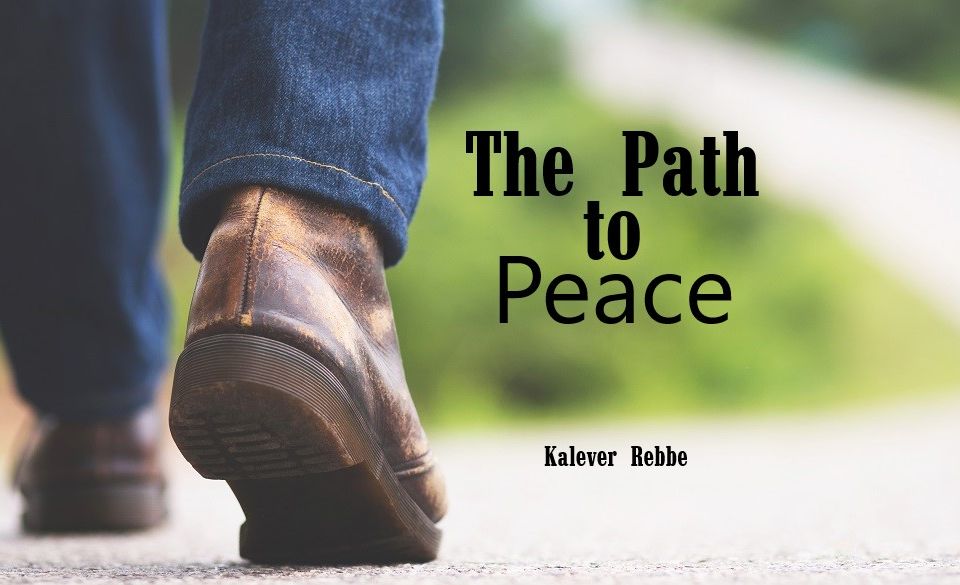
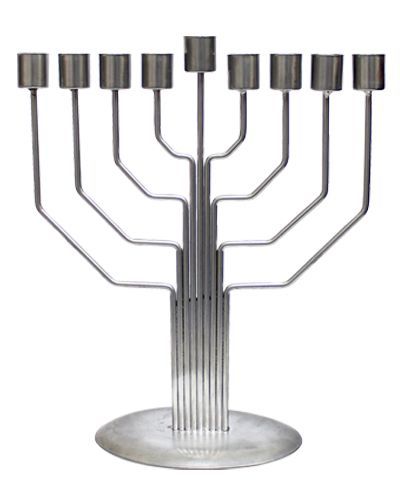


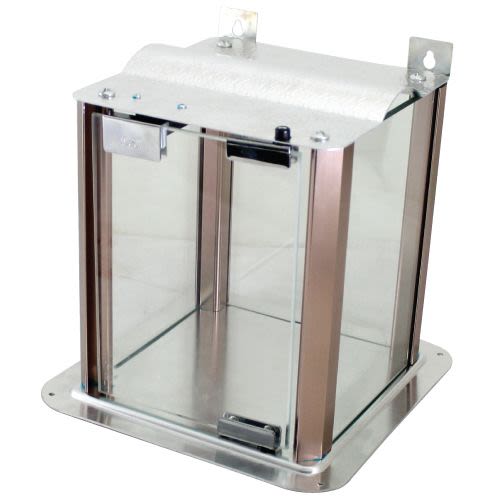
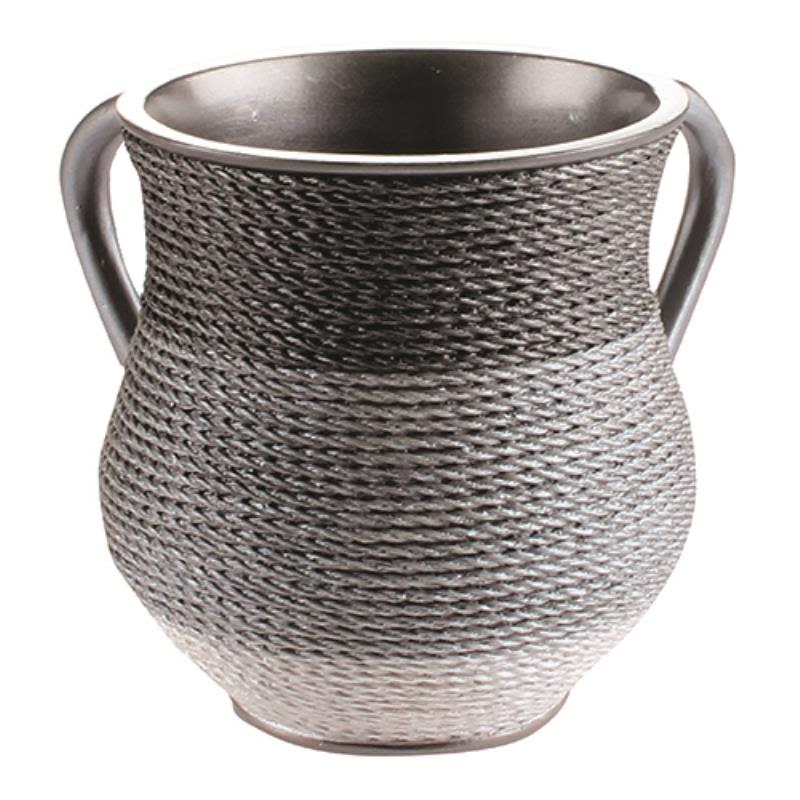

Tell us what you think!
Thank you for your comment!
It will be published after approval by the Editor.